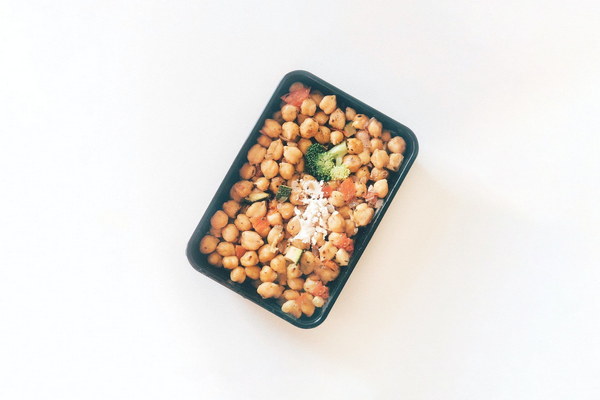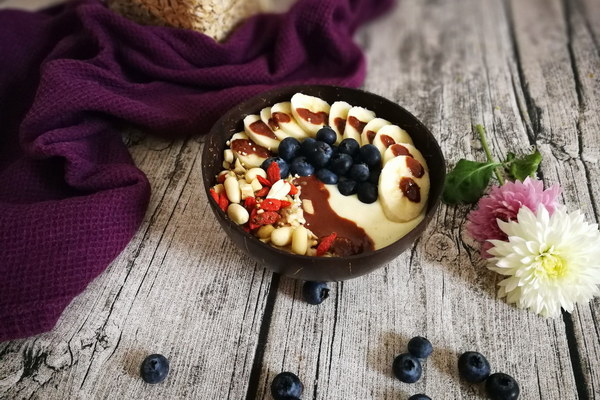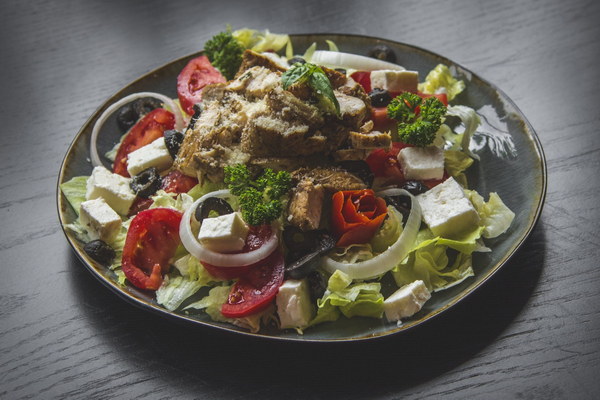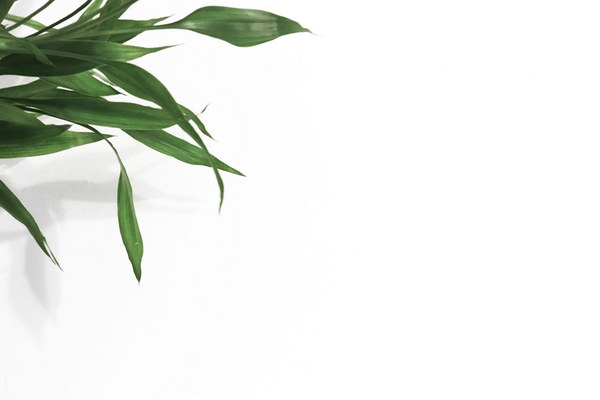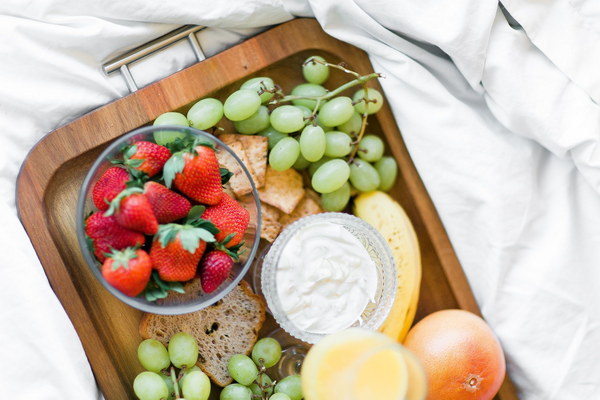The Acidic Beauty Trend How Vinegar Beauty Treatments Can Go Horribly Wrong
In recent years, the beauty industry has seen a surge in DIY home remedies, with many turning to natural ingredients for their skin and hair care. One such ingredient that has gained popularity is vinegar, commonly known as acetic acid. While vinegar has been hailed as a miracle worker for everything from cleaning to weight loss, its use in beauty treatments has sparked controversy, with some experiencing devastating results. This article delves into the risks associated with vinegar beauty treatments and why they can lead to devastating consequences.
The Vinegar Beauty Phenomenon
The allure of vinegar as a beauty ingredient lies in its supposed ability to exfoliate, tone, and clarify skin and hair. Proponents of vinegar beauty treatments claim that the acidic properties can help to remove dead skin cells, reduce acne, and even lighten skin discoloration. Social media platforms are rife with videos and tutorials showcasing the miraculous effects of vinegar on everything from blackheads to dandruff.
The Risks of Vinegar Beauty Treatments
While vinegar does have some legitimate benefits when used in moderation, overuse or misuse can lead to severe skin and hair damage. Here are some of the dangers associated with vinegar beauty treatments:
1. Skin Irritation and Burns
Vinegar is a powerful acid, and when it comes into contact with the skin, it can cause significant irritation and burns. The acidic pH can strip away the skin's natural protective barrier, leading to redness, itching, and inflammation. In extreme cases, it can cause chemical burns and scarring.
2. Hyperpigmentation
Vinegar's acidic nature can also disrupt the skin's melanin production, leading to hyperpigmentation and dark spots. While some users claim that vinegar can lighten skin, the risk of darkening or uneven pigmentation is a genuine concern.
3. Dryness and Flaking

Continuous use of vinegar can dehydrate the skin, leading to dryness and flaking. The skin's natural oils are crucial for maintaining hydration and elasticity, and excessive vinegar use can disrupt this balance.
4. Hair Damage
Vinegar is often used as a homemade hair rinse to remove product buildup and add shine. However, its acidic properties can strip the hair of its natural oils, leading to dryness, breakage, and split ends. Over time, this can result in hair loss and damage that may be irreversible.
The Dilemma of DIY Beauty
The DIY beauty trend has given consumers a sense of empowerment, allowing them to experiment with treatments that align with their personal beliefs and preferences. However, this approach can come with significant risks, especially when dealing with potent ingredients like vinegar.
The Importance of Professional Advice
It's crucial for individuals interested in vinegar beauty treatments to proceed with caution and seek professional advice. A dermatologist or cosmetologist can provide guidance on safe usage and help determine whether vinegar is appropriate for their skin type and concerns.
The Bottom Line
While vinegar may have some benefits when used appropriately, it is not a one-size-fits-all solution for beauty issues. The potential for serious damage far outweighs the supposed benefits, making it a risky choice for those seeking a quick fix. The beauty industry is constantly evolving, and it's essential to stay informed about the risks and benefits of any treatment, whether it's a DIY hack or a professional procedure. Remember, natural doesn't always mean safe, and caution is key when it comes to beauty treatments.


